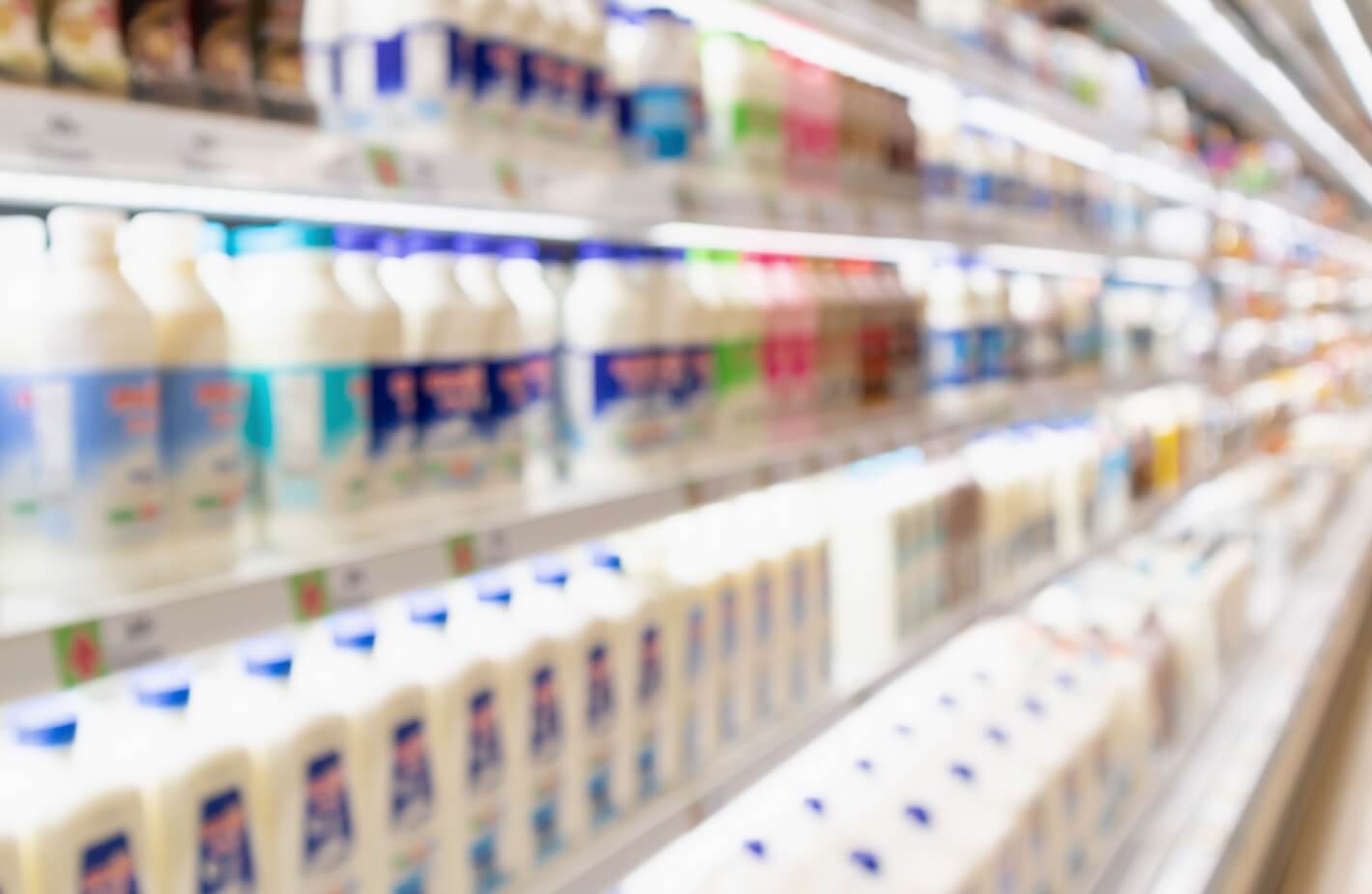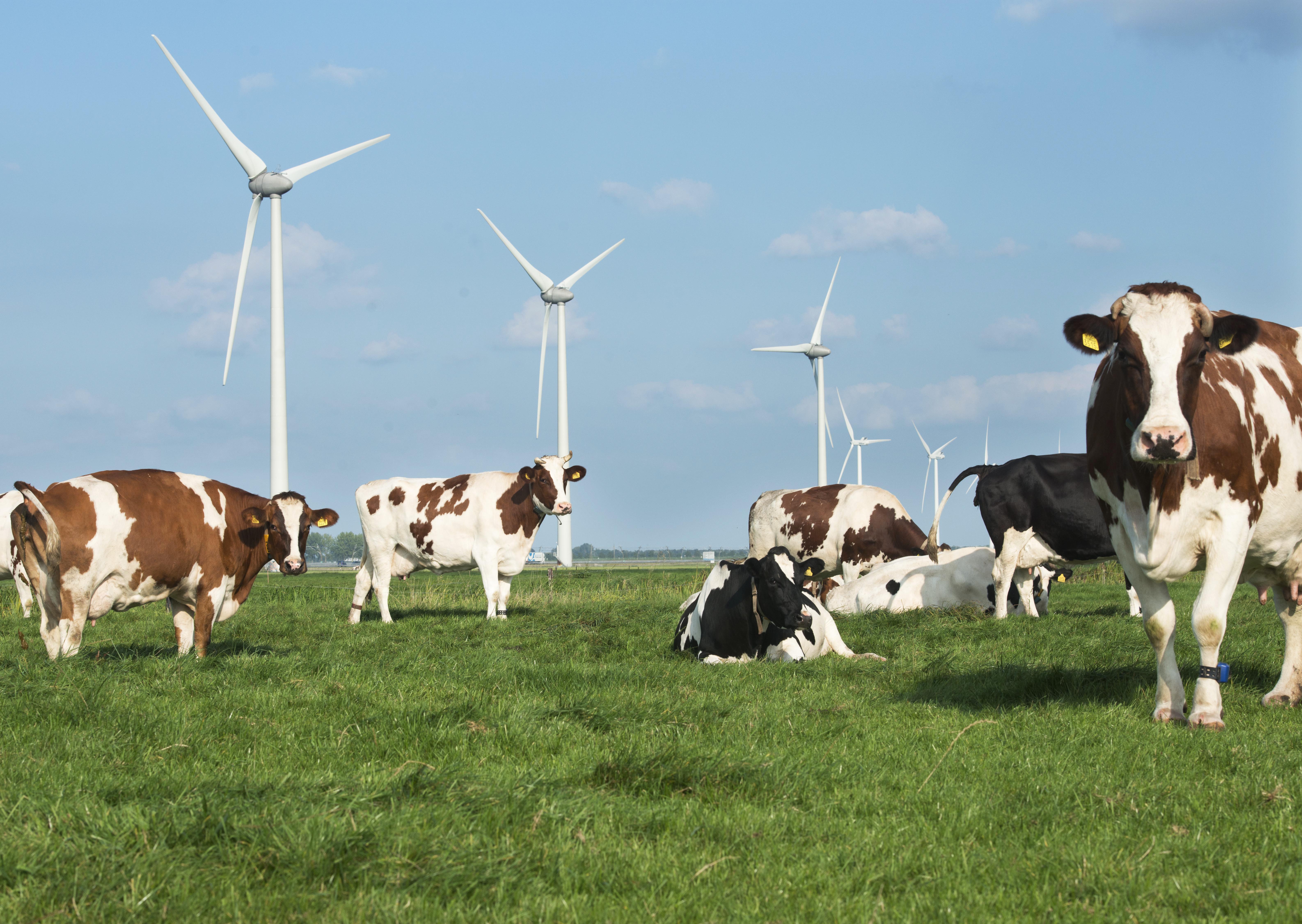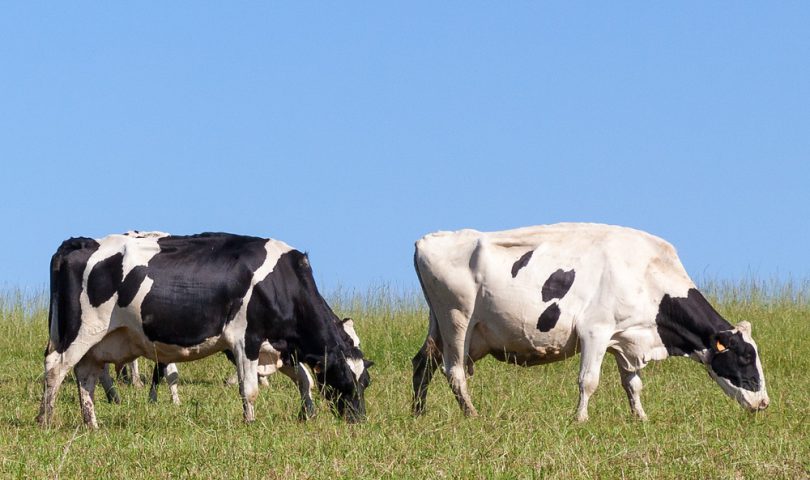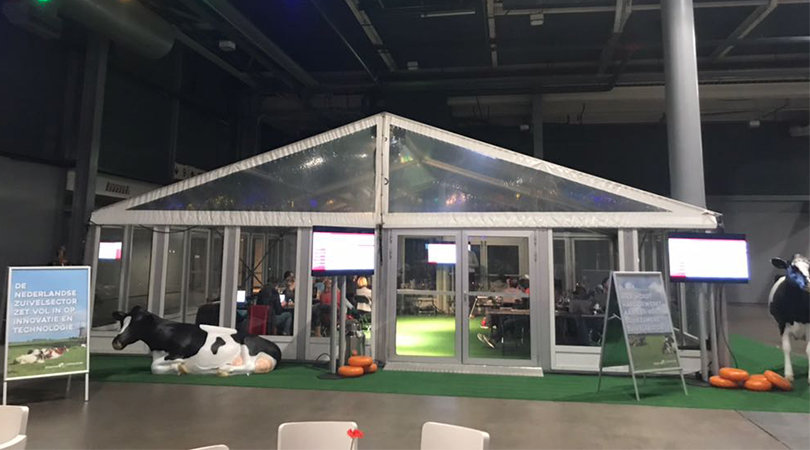

Sustainability
News overviewWhat does the Paris climate accord mean for the dairy sector?
This weekend, the much discussed climate accord was signed in Paris. Nearly 200 countries agreed to a range of measures to fight global warming. What did they agree to? How does the dairy sector work towards climate-neutral development? And why will dairy remain an important part of responsible food security?
The most important agreement in the climate accord is to keep global temperature rise under two degrees by 2100. To achieve this, greenhouse gas emissions in 2050 must be no higher than what the Earth can absorb. Every five years, all countries will come together to assess whether their climate plans need modification to meet their temperature targets.
The Dutch dairy sector has long worked towards becoming a future-proof and responsible sector. Under the auspices of the Sustainable Dairy Chain*, the Dutch Dairy Association (NZO) and the Dutch Federation of Agriculture and Horticulture (LTO Nederland) have joined forces to make the sector more sustainable. When dairy cattle eat grass, the digestion process produces methane, a major greenhouse gas. The Sustainable Dairy Chain has initiated measures to limit these and other greenhouse gas emissions. Dairy farms and dairy companies alike work to advance innovation, jointly investing to achieve energy savings, renewable energy production and to limit greenhouse gases.
The Sustainable Dairy Chain aims to have the Dutch dairy sector reduce its greenhouse gas emissions by 20% by 2020 compared to 1990. This equals climate-neutral growth compared to 2011. By making changes in feed, Dutch dairy cattle already produce relatively small amounts of greenhouse gases compared to dairy cattle abroad: 1.27 kg CO2 equivalent per kilogram of milk compared to the 2.4 kg CO2 equivalent global average. According to a report by the LEI Wageningen UR, greenhouse gas emissions from the Dutch cattle herd have dropped by more than 30% over the last 20 years. The LEI monitors the progress of sustainability in the dairy sector. Its reports and more information on the activities of the Sustainable Dairy Chain can be found at www.duurzamezuivelketen.nl/en.
For the responsible development of our future food security, food is needed that is sustainable and healthy. Meeting these two criteria depend on the environmental impact of a particular food and its nutritional value. Dairy products provide vital nutrients. In 2015, the NZO demonstrated the effects of dairy consumption on land use and CO2 emissions (greenhouse gases) with the help of environmental advisory firm Blonk Consultants. Their research demonstrates that there is little to no environmental benefit of substituting dairy in the average Dutch diet with other products. The range of products that are needed to fully replace dairy has almost as much impact on the environment.
* The Sustainable Dairy Chain is a joint initiative of the Dutch Dairy Association (NZO) and the Dutch Federation of Agriculture and Horticulture (LTO Nederland), and is part of ZuivelNL. Combined, the 13 member dairy companies of the NZO process 98% of all Dutch milk. The LTO represents around 70% of the 18,000 Dutch dairy farms.




